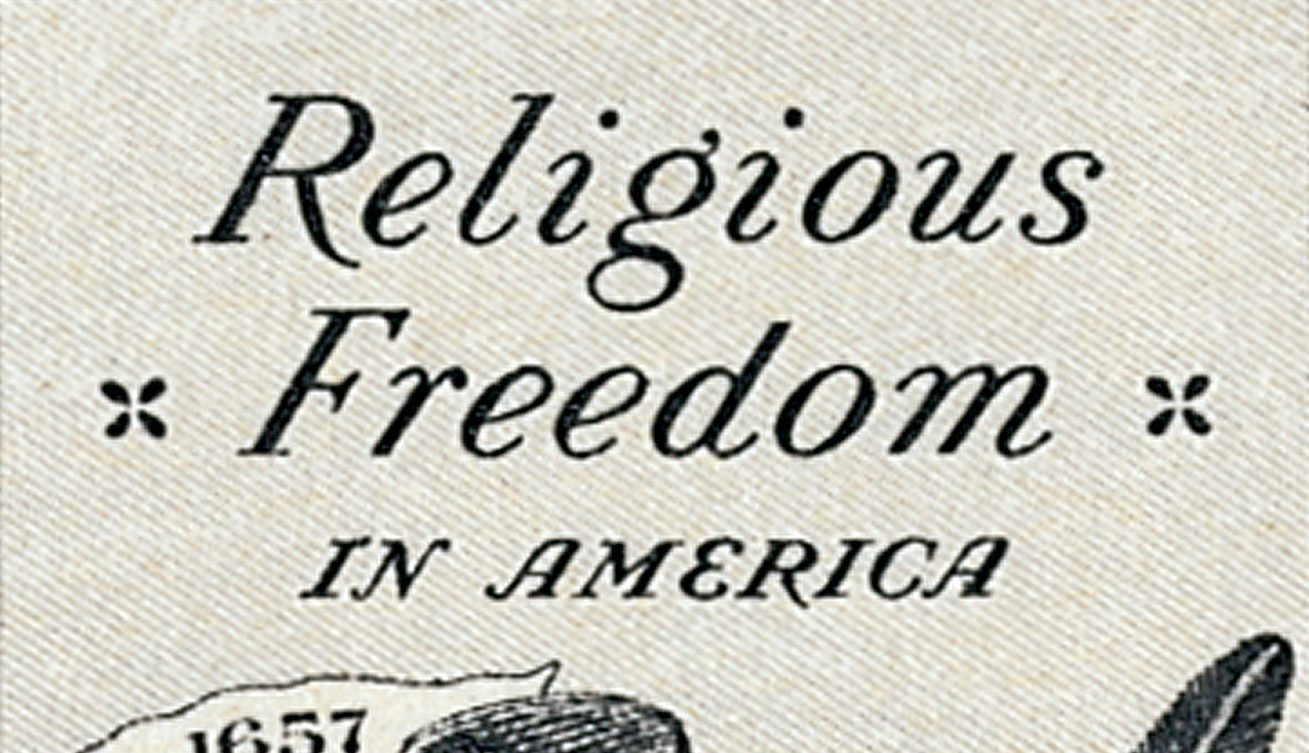Birth of James Oglethorpe
On December 22, 1696, James Oglethorpe was born in Surrey, England. He settled the Georgia Colony in 1733 and served as its leader for a decade.

On December 22, 1696, James Oglethorpe was born in Surrey, England. He settled the Georgia Colony in 1733 and served as its leader for a decade.

Saint Nicholas of Myra died on December 6, 343. This date has long been celebrated as Saint Nicholas Day or the Feast of Saint Nicholas. Leaving gifts for children at night, he served as the inspiration for Santa Claus.

On November 1, 1966, the US Post Office issued its first Traditional Christmas stamp, inspired by the popularity of the first Contemporary Christmas stamp four years earlier. By 1970, both stamp themes were so popular, the Post Office created two separate Christmas series that continue to this day.

On September 8, 1892, Francis Bellamy’s Pledge of Allegiance was published in The Youth’s Companion magazine to promote patriotism among children. More than 50 years later, it became America’s national pledge.

After 17 months of travel searching for a new home for his persecuted people, Brigham Young found Utah’s Great Salt Lake Valley on July 24, 1847 and proclaimed, “This is the place.”

The Salvation Army was established as the East London Christian Mission on July 2, 1865. Now operating 133 countries, they’re currently assisting over four million people worldwide with over $57 million in donations.

On April 22, 1878, the White House hosted its first official Easter Egg Roll on Easter Monday. It’s a beloved tradition that has continued to this day.

Joseph Priestley was born on March 24, 1733, in Birstall, West Riding of Yorkshire, United Kingdom. A noted scientist, he’s remembered for his work with electricity, oxygen, and carbonation.

On January 16, 1786, Virginia enacted Thomas Jefferson’s Statute for Religious Freedom. It was one of the most important laws ever passed by the Virginia Assembly, provided inspiration for the Bill of Rights, and was one of the achievements of which Jefferson was most proud.